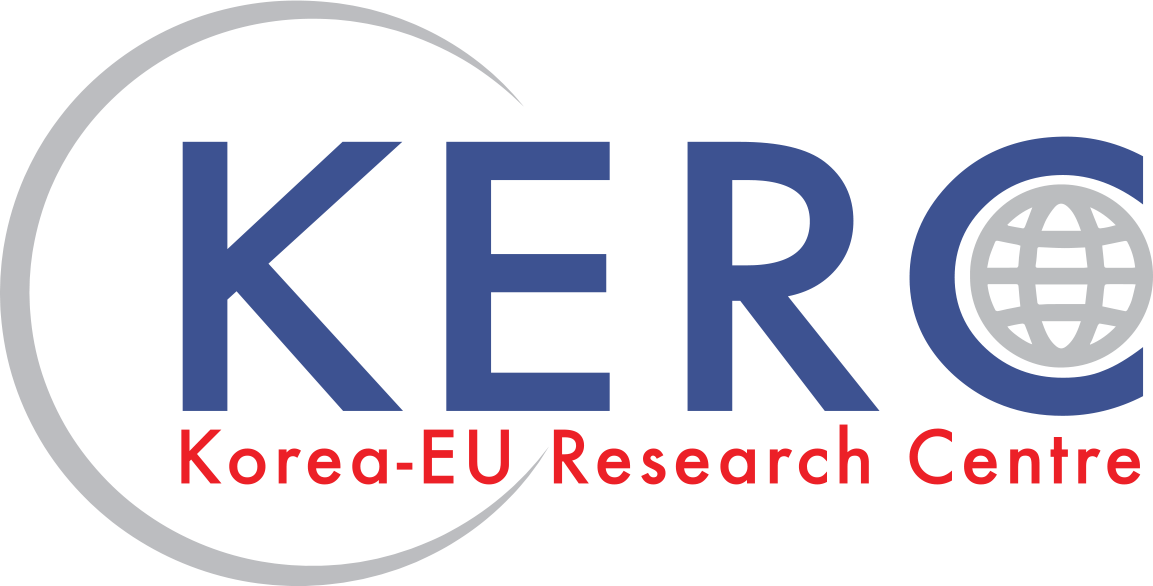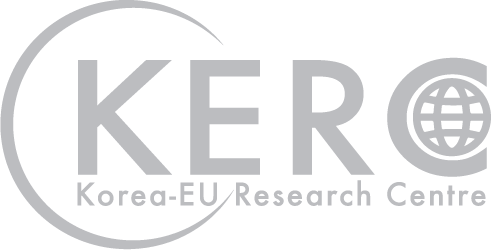Ben Bussey, senior NASA exploration scientist (left), Choi Won-ho (middle), director-general of the Space, Nuclear and Big Science Policy Bureau at the Ministry of Science and ICT, and Choi Young-jun, director-general of the Space Science Division of the Korea Astronomy and Space Science Institute, on May 7 pose for a photo following a signing ceremony for the KASI-NASA working group charter at the Gwacheon Government Complex in Gyeonggi-do Province. (Ministry of Science and ICT)
The Korea Astronomy and Space Science Institute (KASI) and the National Aeronautics and Space Administration (NASA) of the U.S. on May 7 agreed to jointly build a payload device for NASA's lunar landers.
The two organizations signed a charter outlining the objectives, scope and composition of a KASI-NASA working group in a ceremony held at the Gwacheon Government Complex in Gyeonggi-do Province.
Both sides in 2016 had formed a working group to carry out research in heliophysics. Their latest charter recognizes the success of their last partnership and resolves to convene a new working group to focus on lunar exploration research.
Planning to land an astronaut on the moon by 2024, NASA will launch nine lunar landers from next year to conduct research. Private American companies will build lunar lander vehicles under contract, while various payloads will be developed by Korea and other foreign partners under NASA's supervision. The payload will be tasked with checking the surface of the moon and its surrounding environment.
In Korea, a number of organizations will participate in the research under KASI's supervision including the Korea Aerospace Research Institute, Korean Institute of Civil Engineering and Building Technology, Korea Institute of Geoscience and Mineral Resources, and Korea Institute of Science and Technology.
"This year's working group cooperation with NASA on lunar exploration will be a great opportunity to develop Korea's space exploration capabilities," a Ministry of Science and ICT official said. "Based on our experience of participating in this working group, the Korean government will get actively involved in international space exploration projects, expand our investments in space technology and strengthen our capabilities in space programs."
SOURCE: KOREA.NET


